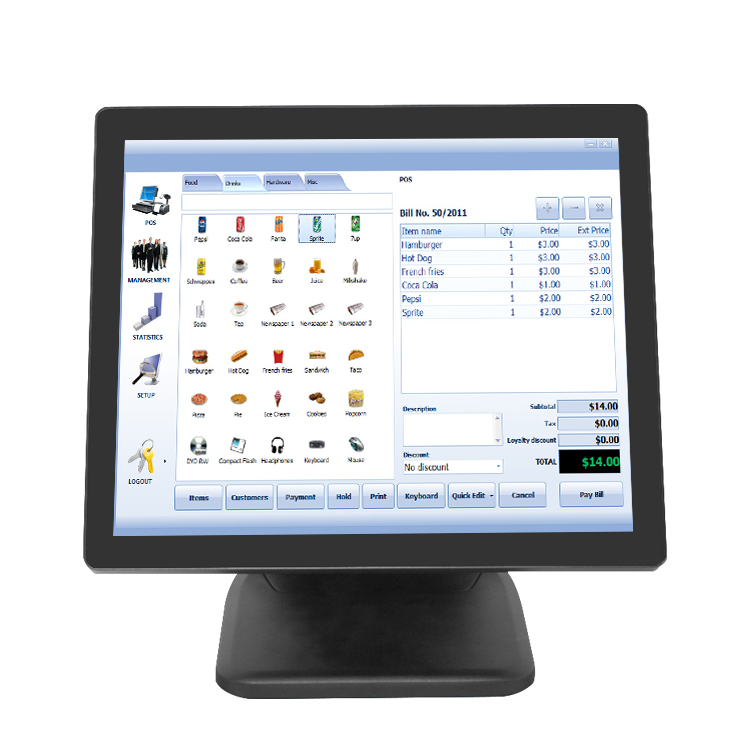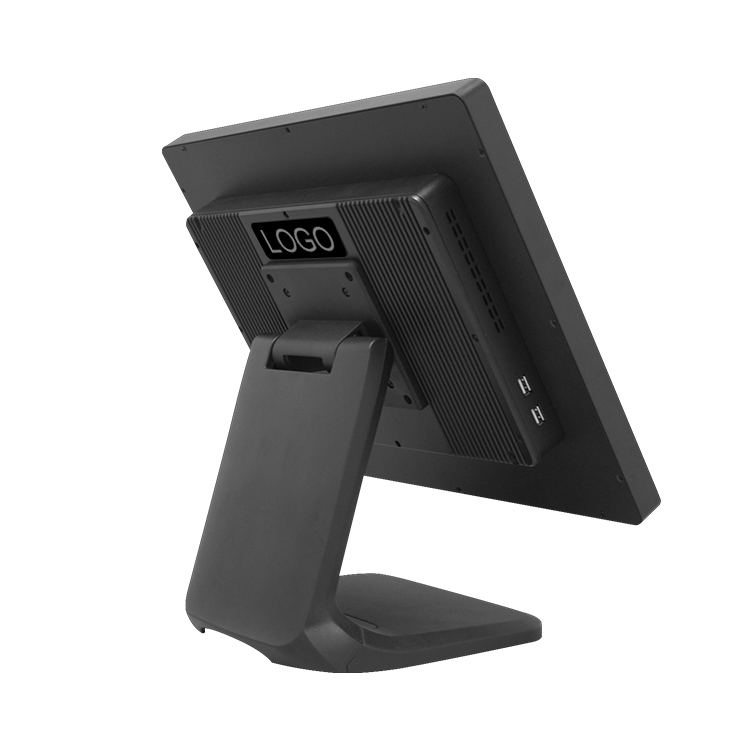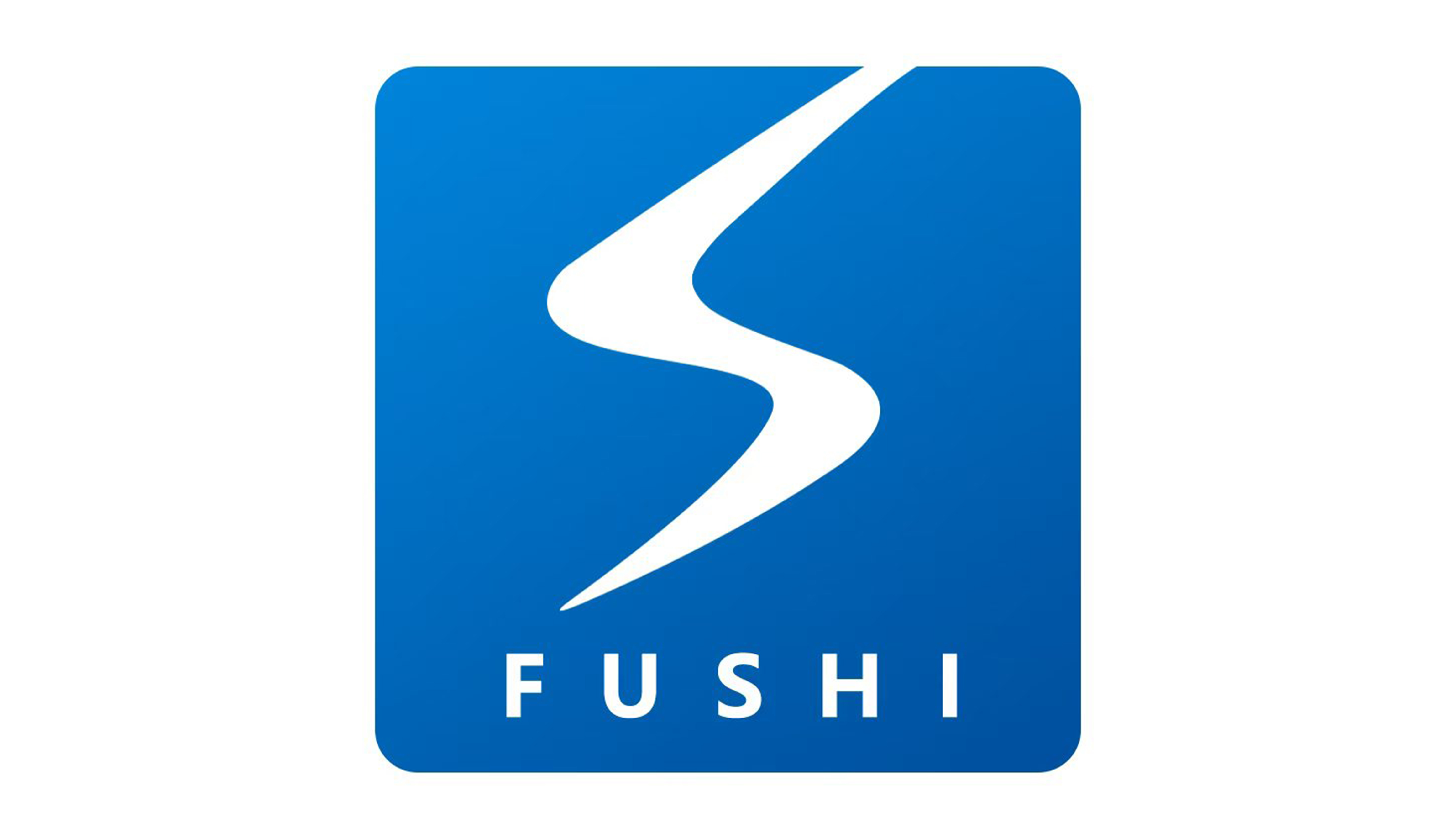In the retail industry, the Point of Sale (POS) system plays a crucial role in managing sales transactions and other business operations. A key aspect of any POS system is its user interface, which determines how employees interact with the system. To enhance efficiency and meet specific business needs, retailers often look for customization options in their POS system interfaces. In this article, we will explore the various customization options available for retail POS system interfaces.
1. Customizable Colors and Themes
One of the fundamental customization options for a retail POS system interface is the ability to choose colors and themes that align with a retailer's brand identity. This gives retailers the freedom to create a visually appealing and consistent customer experience across all touchpoints. From the checkout screen to inventory management, the interface can be tailored to match the store's aesthetic and branding.
2. Personalized Layouts for Workflow Optimization
Retailers often have unique workflows and processes that require specific functionalities. Customizable layouts allow retailers to optimize the interface for their specific needs, ensuring a more efficient and streamlined operation. Users can choose the placement of buttons, menus, and modules based on their frequency of use, allowing employees to navigate the system with ease and complete tasks quickly.

3. Tailored Reporting and Analytics
Every retailer has different reporting and analytics requirements to understand their business performance. Customizability in reporting allows retailers to have access to the specific metrics and data they need, avoiding information overload and focusing on key insights. This customization option enables retailers to create custom reports, dashboards, and visualizations that best reflect their business objectives and help make informed decisions.
4. Integration with Third-Party Applications
Retailers often utilize various third-party applications to enhance their operations, such as accounting software, customer relationship management (CRM) tools, or e-commerce platforms. Customizable POS system interfaces offer integration capabilities, allowing seamless communication and data exchange between the POS system and external applications. This integration enables retailers to harness the power of multiple tools within a unified interface and streamline processes.
5. User Permission and Access Controls
Large retail enterprises and businesses with multiple locations often require different levels of access and permissions for their employees. Customizable POS system interfaces provide features for defining user roles, permissions, and access controls. Retailers can restrict access to sensitive information and functionalities based on user roles, ensuring data security and maintaining efficient operations.
6. Language and Localization Options
As the retail industry becomes more globalized, it is crucial for businesses to cater to customers and employees from different regions. Retail POS systems that offer language and localization options allow retailers to customize the interface to different languages, currency symbols, date formats, and other localization preferences. This customization option helps create a more inclusive and user-friendly environment for international customers and multilingual employees.

7. Branding and Logo Integration
Lastly, a significant customization option for retail POS system interfaces is branding and logo integration. Retailers can display their logo on the interface, reinforcing brand recognition and creating a consistent brand experience. With this customization option, the interface becomes an extension of the retailer's overall branding strategy, enhancing brand loyalty and customer engagement.
Summary
Customization options for retail POS system interfaces offer retailers the ability to tailor their systems to meet their unique requirements. From colors and themes to workflows and integration capabilities, customization empowers retailers to create a more efficient, visually appealing, and brand-consistent experience for both employees and customers. By harnessing the power of customization, retailers can optimize their operations and stay ahead in today's competitive retail landscape.
point of sale retail industry pos pos system retail POS system POS system interfaces



